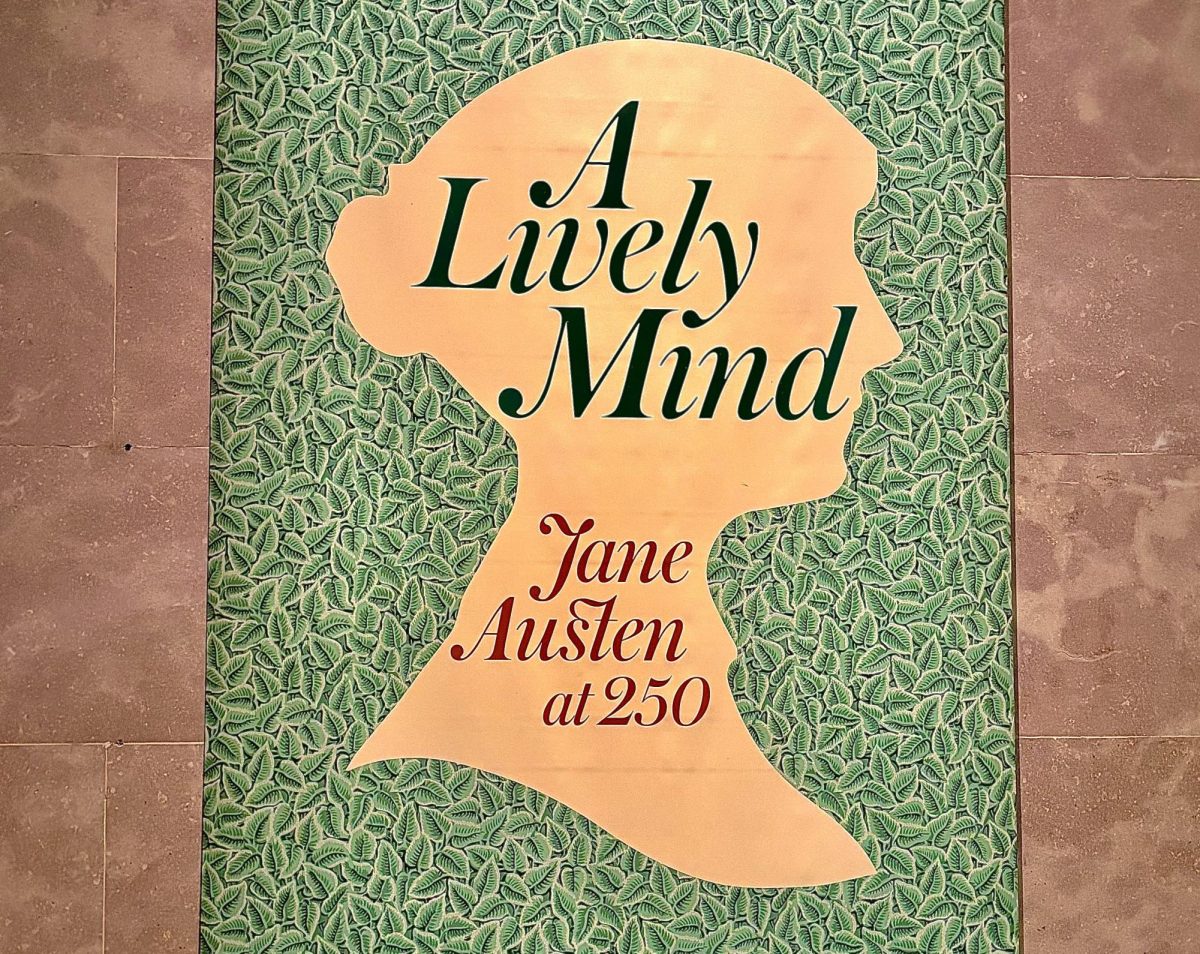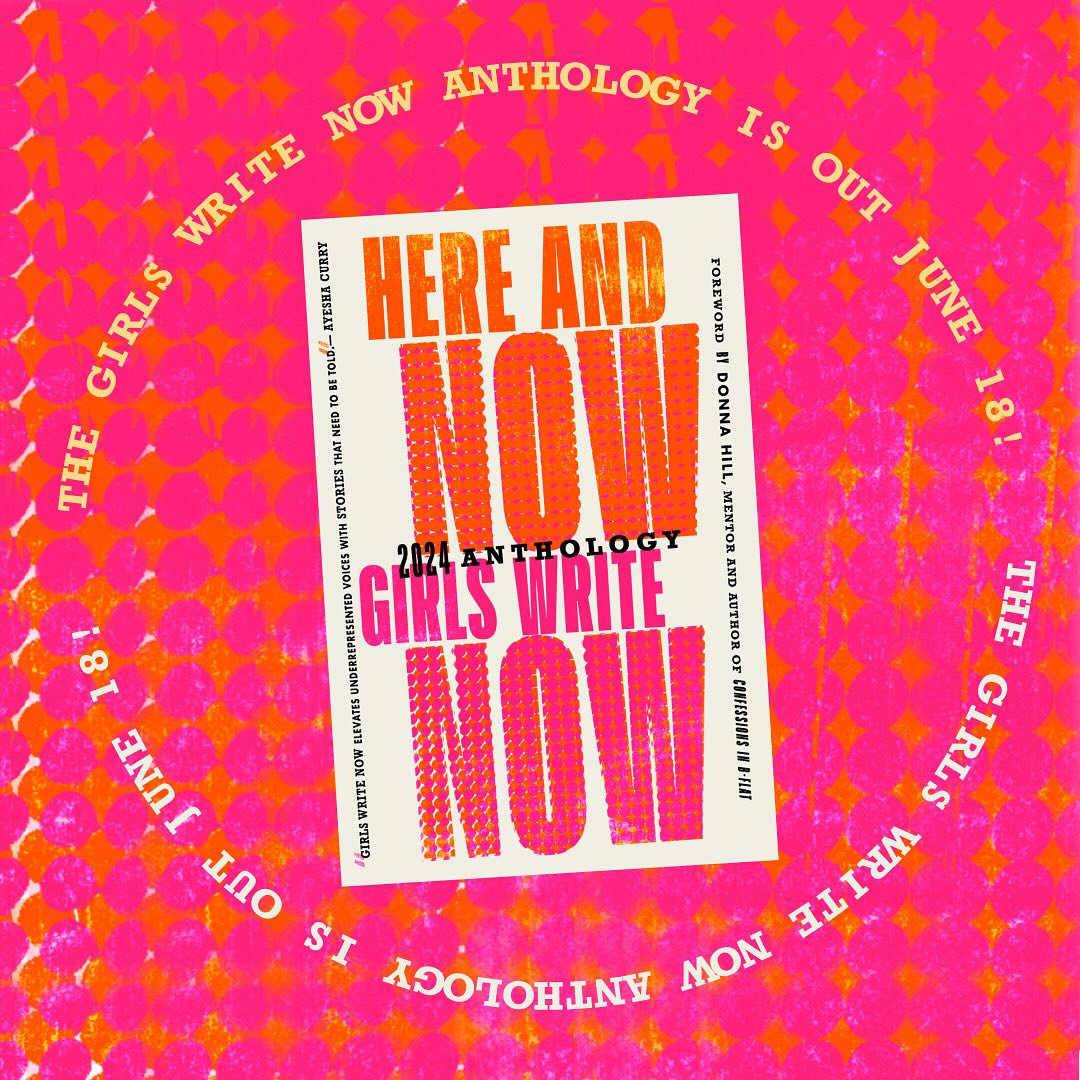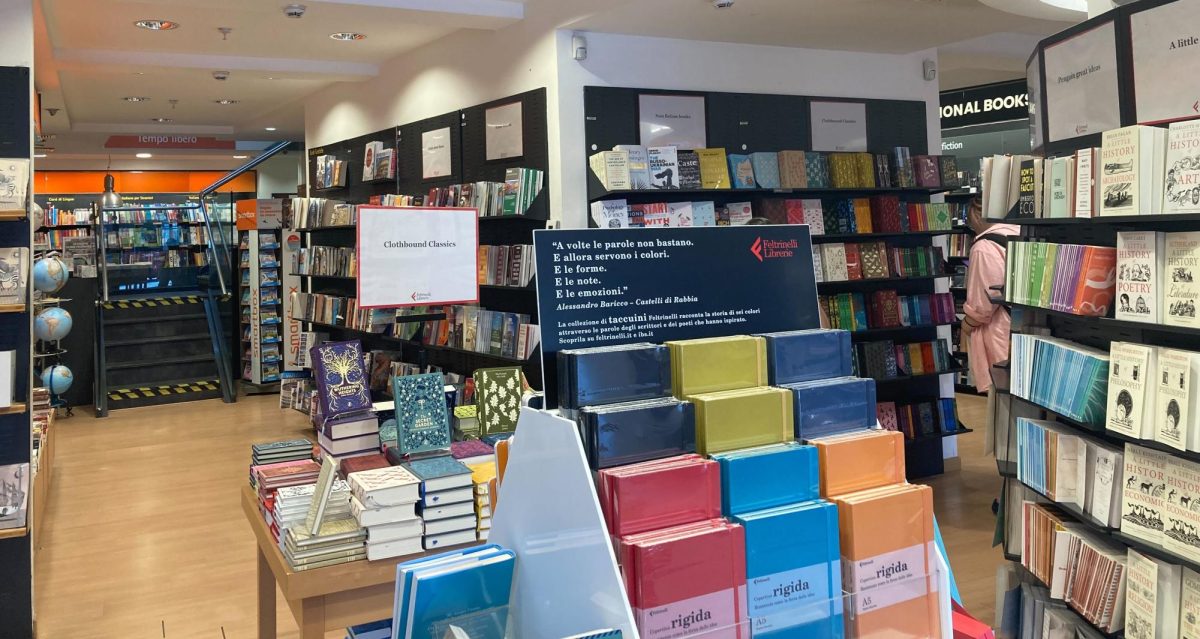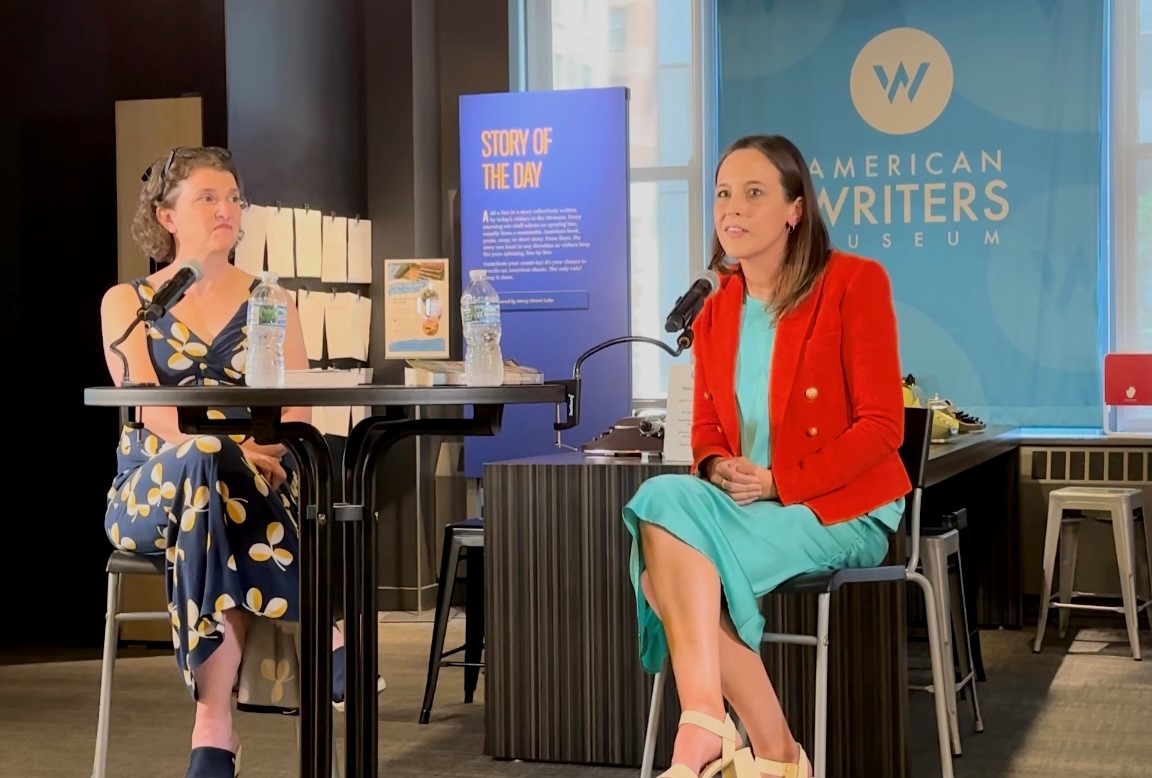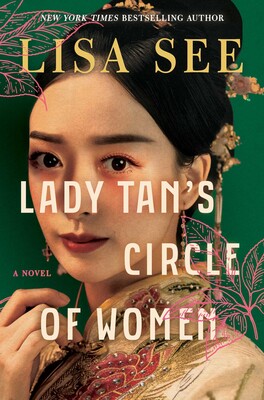Stepping into the Morgan Library & Museum in New York City felt like walking into a time machine.
Original manuscripts filled the space, paper worn and torn but still resilient. Portraits of Austen and her family stood out with quite a sense of familiarity. Significant artifacts from her era: torn books, handwritten letters, and delicate fabrics transported viewers back to early 19th-century England. Every intricate detail in the exhibit breathed life into Austen’s personal and illustrious world, making it feel as though she were in the room, narrating her own story.
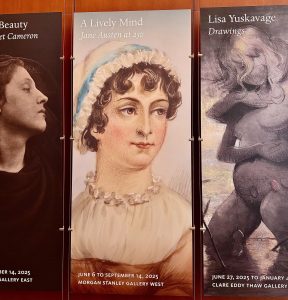
This summer, the Morgan Library and Museum, at 225 Madison Ave., near the Empire State Building, is commemorating Jane Austen’s career as an influential feminist author.
“A Lively Mind: Jane Austen at 250,” which is running from June 6 to Sept. 14, invites viewers to immerse themselves in Austen’s rise to literary fame and her early life as a young girl in England. The exhibition showcases significant artifacts from Austen’s life, including manuscripts, early editions of her novels and personal letters to her sister. The goal is for visitors to connect not just with Austen’s work, but with her resilience and creative spirit, curator Dale Stinchcomb said.
“We hope that visitors leave with a new appreciation of Austen’s imagination, courage, and artistry,” Stinchcomb said.
Alberta H. Burke, a devoted Jane Austen admirer and manuscript collector, donated many of her carefully curated pieces to the museum in 1975. “A Lively Mind” not only celebrates Austen’s legacy but also honors Burke’s generous contribution, emphasizing the value of the artifacts on display and the rare opportunity to share them with the public.
“The exhibition celebrated not only the 250th anniversary of Austen’s birth but also the 50th anniversary of Alberta H. Burke’s landmark bequest of Austen manuscripts to the Morgan,” a plaque read.
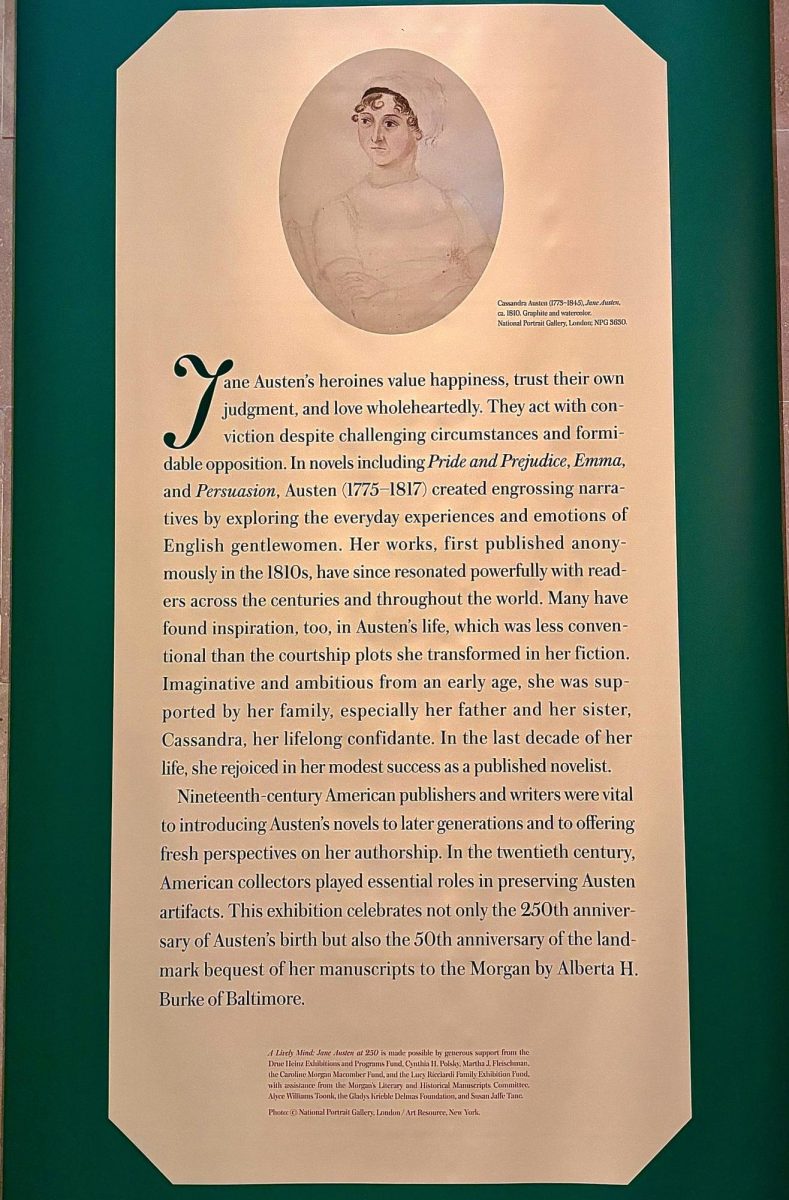
Through an array of manuscripts, letters, and early editions, the exhibition showcased the range of Austen’s literary talent, from iconic works to lesser-known gems.
The gallery offered a comprehensive look into her work. On every corner, visitors discovered manuscripts, maps, and other artifacts, including detailed representations of her childhood home and family. These unique artifacts enabled viewers to gain a deeper understanding of Austen’s life.
“ ‘A Lively Mind’ explores Austen’s authorship and legacy, from her lesser-known teenage writings to her rise to global fame,” said Stinchcomb. “The exhibition sheds new light on her early readers, especially the creative household of women who nurtured her ambition to publish. Many visitors are surprised to learn new details about her life. Seeing her handwriting and hearing her voice through her letters really brings Austen to life.”
Among the most intimate artifacts on display is a letter Austen wrote to her sister Cassandra, in which she reveals her deep attachment to her work. Austen is widely regarded as a feminist writer for the recurring theme in her novels: women who challenge patriarchal norms and the social expectations imposed on them in the 18th century.
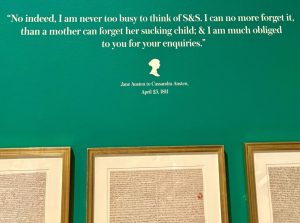
“No indeed, I am never too busy to think of S&S. I can no more forget it, than a mother can forget her sucking child: & I am much obliged to you for your enquiries,” Jane Austen said.
This quote underscores Austen’s persistence as a female author who remained emotionally invested in her craft, despite the gendered constraints of her time. The exhibition not only celebrates Austen’s literary achievements but also honors the persistence behind them.
Stinchcomb shared his hopes for viewers to leave the exhibit understanding the numerous obstacles Austen endured to achieve her success.
“We also hope they will leave inspired by the story of Jane’s authorship,” Stinchcomb said. “She overcame early indifference from publishers. Her modest success came relatively late in her short life and only after a period of instability and rejection. Her experience is relatable to anyone who has plugged away in a profession for years with little or no recognition.”
The exhibition opened with a powerful message about Jane Austen’s illustrious career and the broader theme it aimed to highlight. Notable elements of this message included:
“Jane Austen’s heroines value happiness, trust their own judgment and love wholeheartedly. They act with conviction despite challenging circumstances and formidable opposition.”
(For information about “A Lively Mind: Jane Austen at 250″ and the the Morgan Library & Museum, go to www.themorgan.org.)
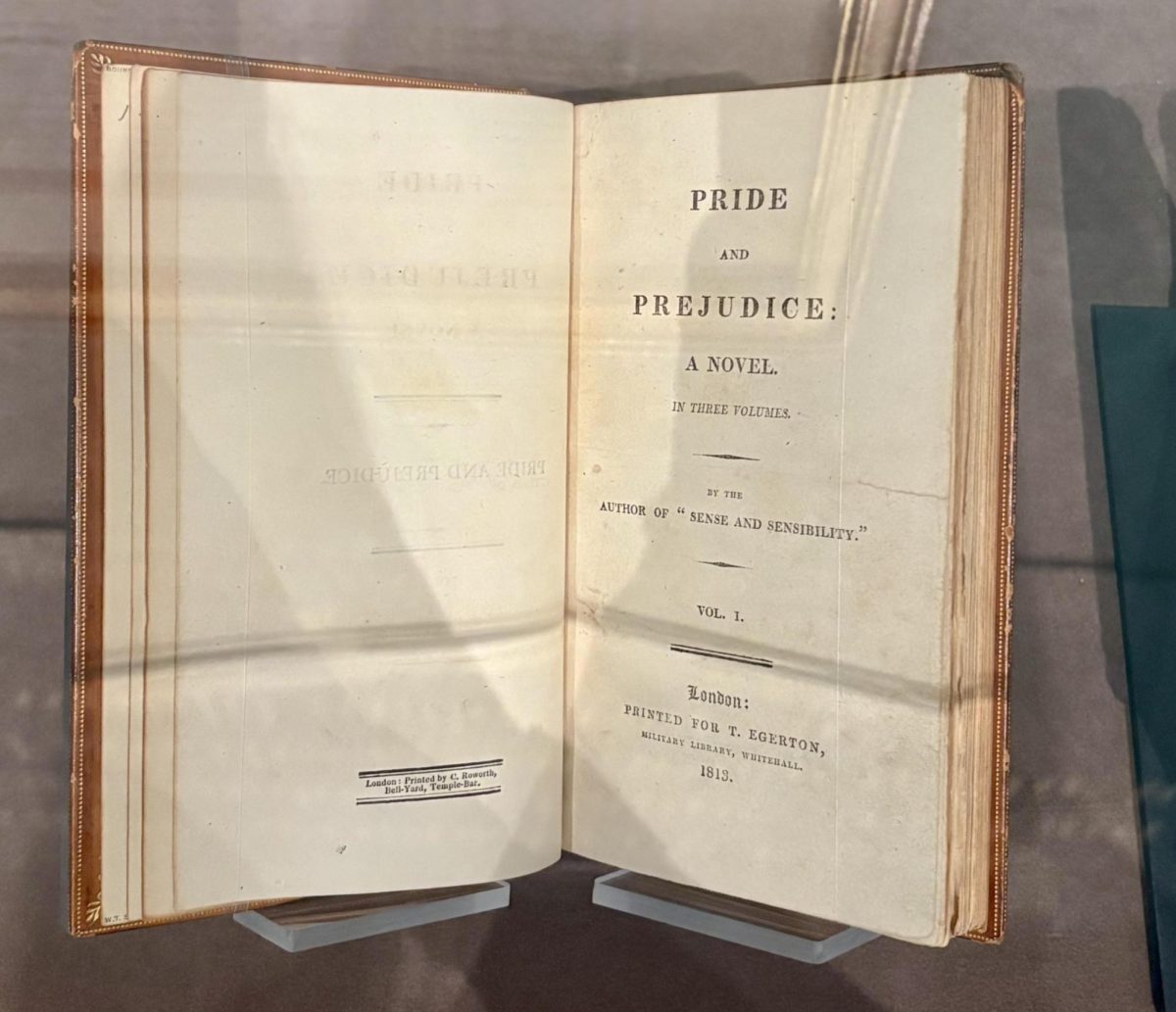
–July 9, 2025–


